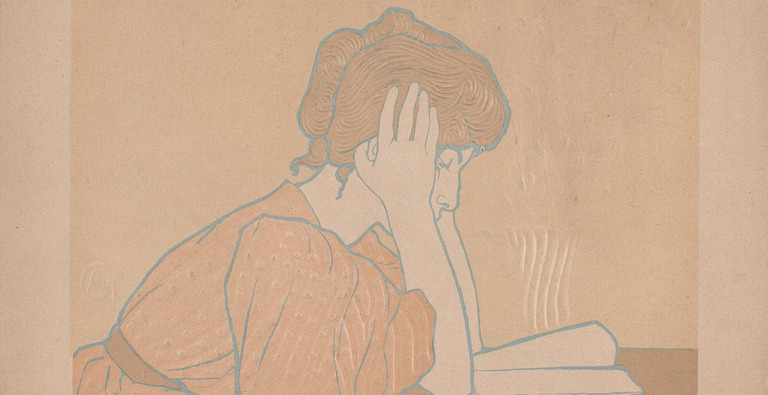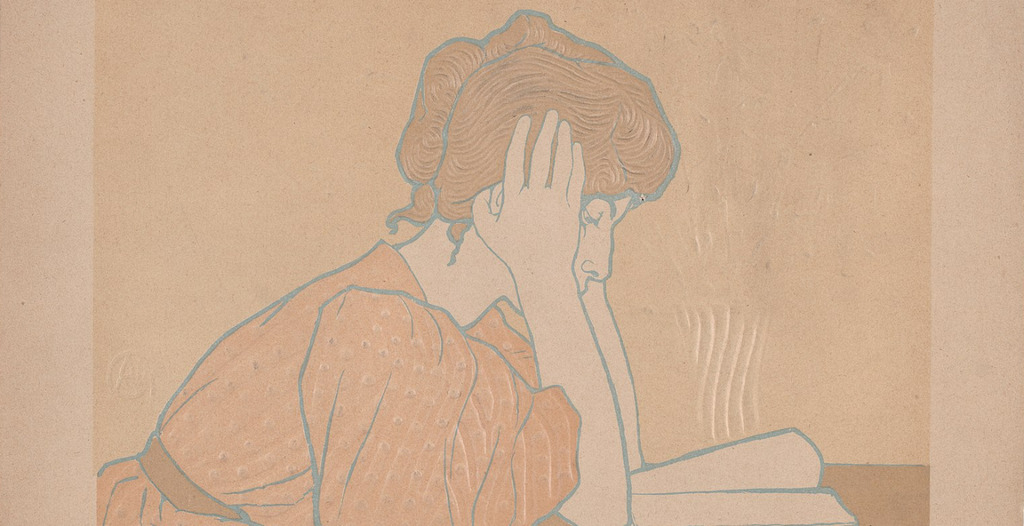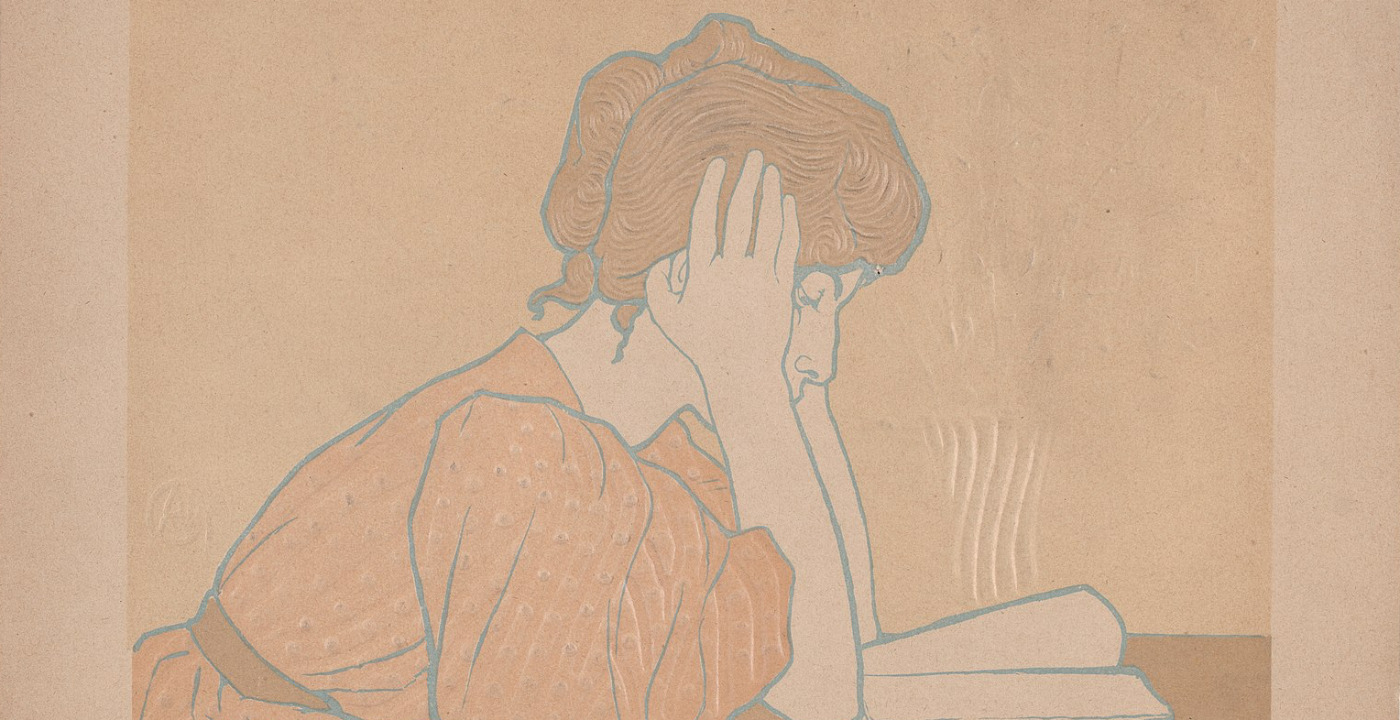Today, May 4, 2023, is the 264th birthday of the feminist Freethinker, writer, and educator Mary Hays.
Though mostly underappreciated in her lifetime and for more than a century after, we now know that Hays published a vast portfolio of conversation-changing texts. Hays’s Female Biography: or Memoirs of Illustrious and Celebrated Women of All Ages and Countries, a work of six volumes published in 1803, was the first known biographical history of women in English by a named woman and the second since Christine de Pizan’s The Book of The City of Ladies (c.1405). Intellectually and financially independent until the end of her long life, she was known also for her radical beliefs that developed in close friendships with Robert Robinson, Mary Wollstonecraft, William Godwin, and Eliza Fenwick, as well as other influential thinkers and writers of her time and members of the 1790s dissenting circles.
We remember Hays at age 34. On 13 October 1795, sitting alone in her new apartments on Kirby Street, Hays tells Godwin why she has taken the great step of moving out of her mother’s house to live alone, nearer to him and Wollstonecraft and William Frend, the Unitarian mathematician she loves and is actively pursuing.
It has been asked of me, & I have put the question to myself, what benefits I propose to reap from this eccentric step? Shall I reply, a kind of, I know not what, satisfaction in the idea of being free, a wish to break by the necessity of greater of exertion, (I acknowledge the weakness which this implies) & even by local change, certain fatal, connected, trains of thinking, a desire of strengthening my mind by standing alone, & of relieving the relations I love of the burthen of my wayward fancies, also, I will own, a latent hope of enjoying, occasionally, more of the intercourse & conversation that pleases me.
Hays recognized that the idea of freedom, as her male associates understood and realized it, would never be fully feasible for her because she was a woman.
She sustained belief, however, in an oracular version of female authority and fulfillment which she later imparted to both her niece, Matilda Mary Hays—who she educated—and, on the cusp of the twentieth century, to the public “New Woman”—such as Harriet McIlquham—who dared to try to realize Hays’s aspirations. In 1806, in a letter to the Unitarian man of letters, Henry Crabb Robinson, Hays reflected on the differences in their present circumstances and the contrasting gendered trajectories of their lives. She wrote, “I sought and made to myself an extraordinary destiny.”
On this birthday, we celebrate a few of the scholars who have contributed to recovering Hays, including the New Historia’s founder Gina Luria Walker, Timothy Whelan, Barbara Taylor, Mary Sponberg, and Felicity James, as well as current researchers who are providing new information and new perspectives, including Elad Carmel and Li-Ching Chen, whose idea it was to mark Hays’s birthday.


